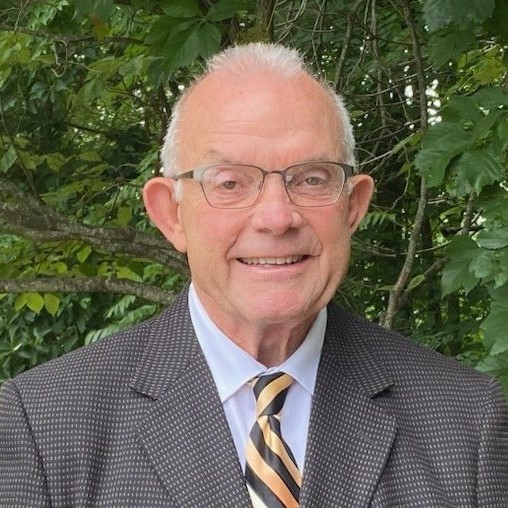THE CERTAINTY OF TRUTH
“Have not I written to thee excellent things in counsels and knowledge, That I might make thee know the certainty of the words of truth; that thou mightest answer the words of truth to them that send unto thee?” Proverbs 22:20, 21
God deals in the world of absolutes, both in doctrine and in morality. The culture war that is raging in our society despises and attacks the theology of absolutes. Many religions and religious teachers promote pluralism and pragmatism rather than absolutes. Situational ethics has set certainty aside in matters of morality. The objective of the writer is that others might “know the certainty of the words of truth.” This should be our interest as well. We want to know, and we want others to know, the certain and absolute words of truth.
The Bible claims to contain the revealed truth of God. Words that disagree with those truthful words must therefore be considered words of error. Two different positions that disagree cannot both be accurate. Two different paths cannot be considered the same path. Jesus did not say, “I am a truth,” or “I am one of many truths.” Rather, He emphatically stated that He was the Truth. We want to know the truth about life, death, salvation, eternity, judgment, responsibility, morality, etc. The certainty of truth is recorded and preserved, for He has “written to thee excellent things in counsels and knowledge, That I might make thee know the certainty of the words of truth.” Truth is found in words, and God has given us His inspired Word that we might be able to know the certainty of truth. If it is taught in the Bible, we can be certain it is true. When God speaks in the Scriptures, even about subjects such as history or science, it is true.
In a time of great uncertainty, we are thankful that we have a certain source of truth. As children of God and disciples of Jesus Christ, we are to be learners and teachers of truth. If we are not armed with the truth, we will be susceptible to error and false teaching. If we do not know the truth, how can we share it with others? Our Scripture encourages us to know the truth, “that thou mightest answer the words of truth to them that send unto thee.” Our message is not one of uncertainty, but one of clarity and promise. People need to know the truth. We can be convinced ourselves and equally convincing as we declare it to others.


